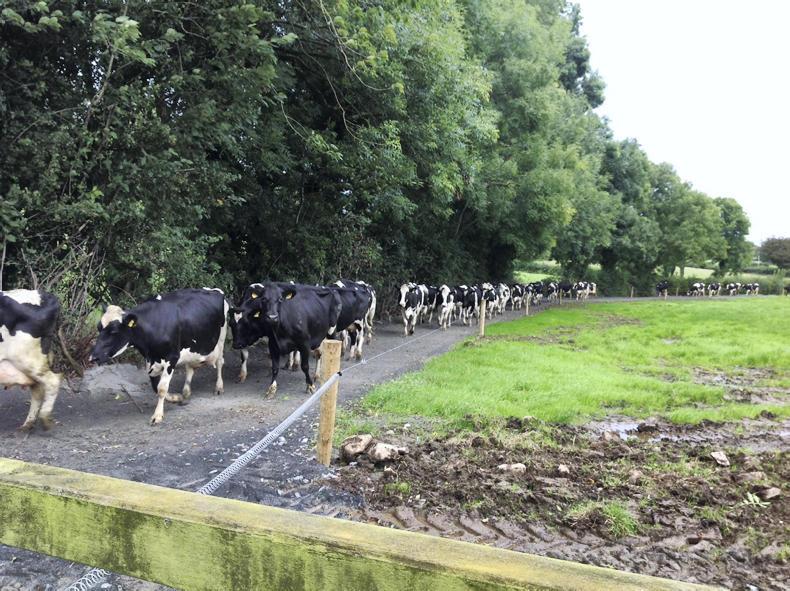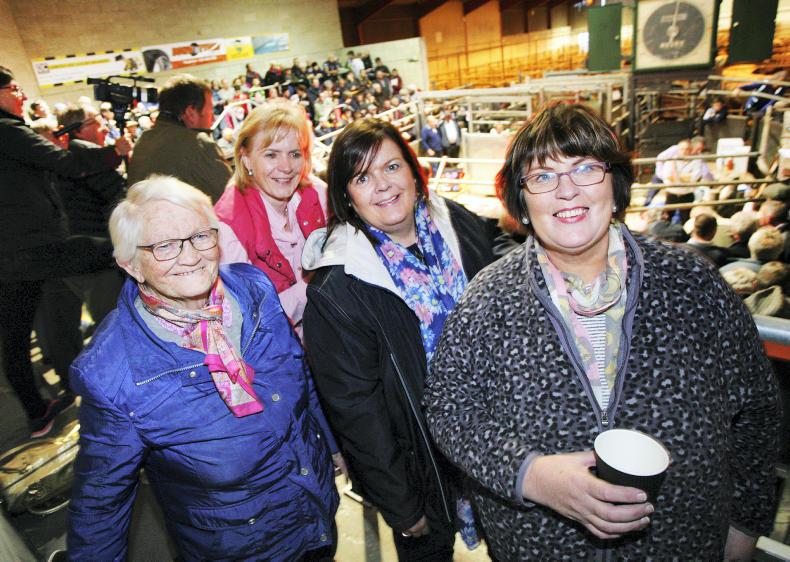The announcement last week by Lakeland Dairies that it is to switch their newly acquired Banbridge facility to a seasonal processing schedule should not have come as any big surprise.
If anything, the surprise in the announcement was that the site is to be retained at all. Perhaps the Brexit vote forced somewhat of a rethink, with the need to retain processing capacity for all NI milk bought by Lakeland in the event of any problems moving product across the border once the UK leaves the EU.
The central issue is the significant investment that Lakeland has already made in Newtownards (Pritchitts) and especially in Bailieboro, Co Cavan, where €36m has recently been spent on a new milk drier. Presumably, it makes economic sense to divert milk to here and maximise processing efficiencies, rather than keep the Banbridge site open during the winter.
That of course represents a major blow for employees in Banbridge, and local politicians have been quick to issue statements supporting workers impacted by the decision, and also criticising how the company has handled the situation.
However, while none of us want to see people losing their jobs, the hard reality is that there is not sufficient profitability in the system to sustain any level of efficiency. Agri-food processors work on tight margins and figures from DAERA consistently show that dairy companies work on the smallest margins of all.
Most recent figures for 2014 show that net profit as a percentage of sales across NI dairy processing stood at only 0.5%. The beef and sheep processing sector returned figures of 1.5%. The highest net profit as a percentage of sales was in animal by-products at 13.7%.
Also, given the extremely difficult financial situation facing local farmers in the past few years, producers are certainly not in a position to carry inefficiencies of others further along the supply chain.









SHARING OPTIONS